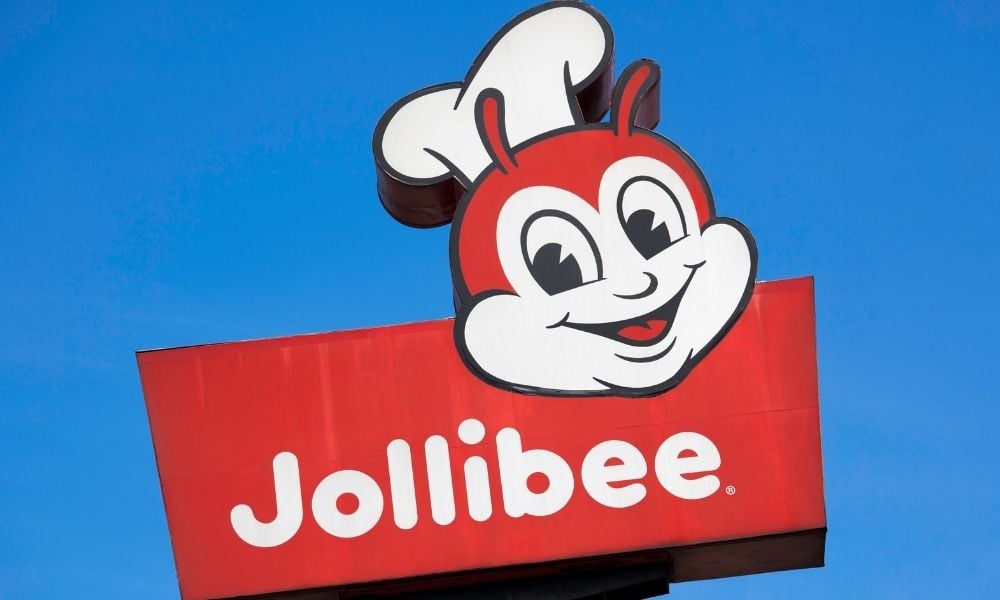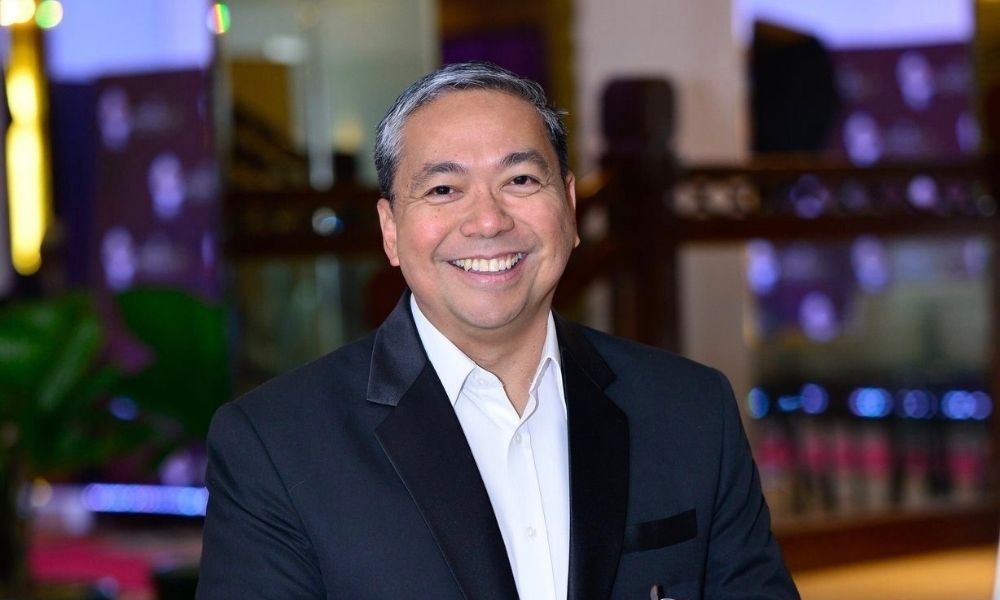
In times of crisis, keeping team morale high key

In times of crisis, keeping team morale high is just as critical as ensuring business operations run smoothly. For fast food restaurants managing tens of thousands of employees in a pandemic – many of whom are frontliners facing customers – that challenge is entrenched in their corporate mission: how can essential businesses keep workers and communities safe, healthy, and hopeful even amid a crisis?
“When the lockdowns began, like many other companies, we were faced with challenges we could never have predicted. However, no matter how difficult our situation, we realised we could not overcome it without our employees,” said Archie Sabado, Jollibee Group CHRO.
“Throughout the pandemic, we listened, responded, and acted with the objective of keeping our employees safe and well, taking care to do so with high empathy. First, we focused our efforts on the top two employee concerns: personal well-being and continued source of livelihood,” Sabado told HRD in an exclusive interview.
Read more: ‘We live and breathe innovation’
Raising awareness among staff about the threat of COVID-19 – and how it can be avoided – was a priority of leaders. “From reading materials and webinars on COVID-19, to institutionalising the process of Daily Health Checks and Employee Monitoring, we took care to keep our employees informed with vital information on the nature of the virus, how they could protect themselves and their families, and the assistance that the company can provide,” Sabado said.
The Jollibee Group – whose flagship brand Jollibee is iconic for its effervescent bee mascot – is one of the largest fast food chains in the Philippines, with a presence in other key cities across the world. So, plans to keep restaurants open amid a global health crisis meant having safe food options for communities in lockdown. Stores would have to follow health and safety protocols like clockwork. “The safety of our store and commissary-based team members was paramount,” the CHRO said.
Meanwhile, the company also experimented with hybrid working by offering work-from-home arrangements to non-operations support staff to ensure their safety. “We also allowed ‘split team’ arrangements for some functions that need to work regularly on site,” Sabado shared.
“While our programs are not significantly different from other companies, one thing that probably sets us apart, in my opinion, is the HR Council, our team of dedicated and hard-working individuals who developed and executed all of these for the organisation exceptionally well,” he said.
Read more: What we learned from surviving a pandemic
Despite the economic downturn, Jollibee’s support for staff entailed more than just recalibrating operational requirements. The crisis also meant extending financial support to employees at a time when business activity worldwide was nearly ground to a halt.
“We allocated one billion pesos (approx. US$21m) at the onset of the pandemic to provide the continued payout of salaries and allowances throughout our organisation,” Sabado said. “We assured our employees that the company would, to the best of its ability, support them in their needs throughout the difficult period.”

Archie Sabado, Jollibee Group CHRO
“By staying transparent and keeping our employees informed on the state of our business, we minimised anxiety and created an environment of stability, security and confidence,” the HR leader shared. “Our CEO, Mr. Ernesto Tanmantiong, made it his priority to be as accessible as he could to our people. Through regular CEO Communications, he provided business updates and showed his appreciation to members of the team for laudable efforts in the most challenging moments.
“We also launched The Hive, our employee communications intranet portal, where employees had access to COVID-19-related information and the company’s response efforts. It also connected employees across global markets, building a stronger sense of community as one Jollibee Group.”
Sabado said it was crucial for leaders and HR teams to stay connected with staff members through regular check-ins. “Virtual town halls allowed leaders to listen closely and understand what our employees’ biggest concerns were, empathise with them, and find solutions despite the limitations of remote working,” he said.
“Ultimately, the whole organisation is learning on-the-fly and adapting. For HR, this has been a tremendous opportunity to step up and make a difference.”